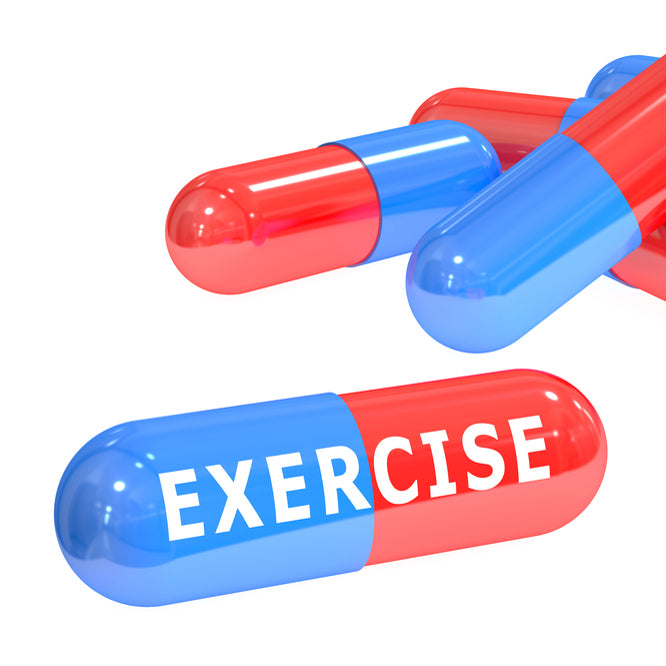The fantasy of creating a pill to give us benefits that you’d normally have to work hard for has been around for some time.
It’s why the concept of the film Limitless is so appealing - instant ability and results without any of the graft and struggle. Lots of people crave a quick fix, particularly in the modern world where we’re used to having instant technology and information at our fingertips.
Athletes know all about the benefits of exercise. The feel-good factor that comes from the endorphin rush, the feeling of purpose you get from working towards your goals and the feeling of accomplishment from achieving them.
Now, scientists think you might be able to create a pill which gives you some of the weight management benefits. And they’ve already had some success with trialling the medication on mice.
Researchers at Baylor College of Medicine in Texas have identified a molecule that’s released into the blood during exercise which reduces food intake and obesity in rodents.
"Regular exercise has been proven to help weight loss, regulate appetite and improve the metabolic profile, especially for people who are overweight and obese," said Dr Yong Xu, a professor who worked on the research. "If we can understand the mechanism by which exercise triggers these benefits, then we are closer to helping many people improve their health."
The researchers wanted to gain a greater understanding of what happens to our bodies on the molecular level during exercise so they could capture some of its benefits. Their hope is that they can then apply these benefits in the form of medication for frail or older people who are unable to exercise on their own.
This would then reduce their likelihood of developing illnesses associated with lack of physical activity, such as heart disease.
To find out more, they conducted an analysis on the blood of mice after they’d completed some intense treadmill running. The researchers found a modified amino acid called Lac-Phe had been activated by the running, having been synthesised from lactate.
They then went about giving a dose of Lac-Phe to various groups of mice. In obese mice, they found the dose reduced their food intake by about 50% compared to a control group over a period of 12 hours.
After 10 days of receiving the medication, the mice’s cumulative food intake and body weight had decreased.
Studies have also shown exercise increases levels of Lac-Phe in both humans and race horses, with sprinting increasing it the most, followed by resistance training and endurance exercise.
"Our next steps include finding more details about how Lac-Phe mediates its effects in the body, including the brain," Xu said. "Our goal is to learn to modulate this exercise pathway for therapeutic interventions."


Share:
How Does Strength Training Make You Run Faster
5 Simple Tips Athletes Can Use To Avoid DOMS